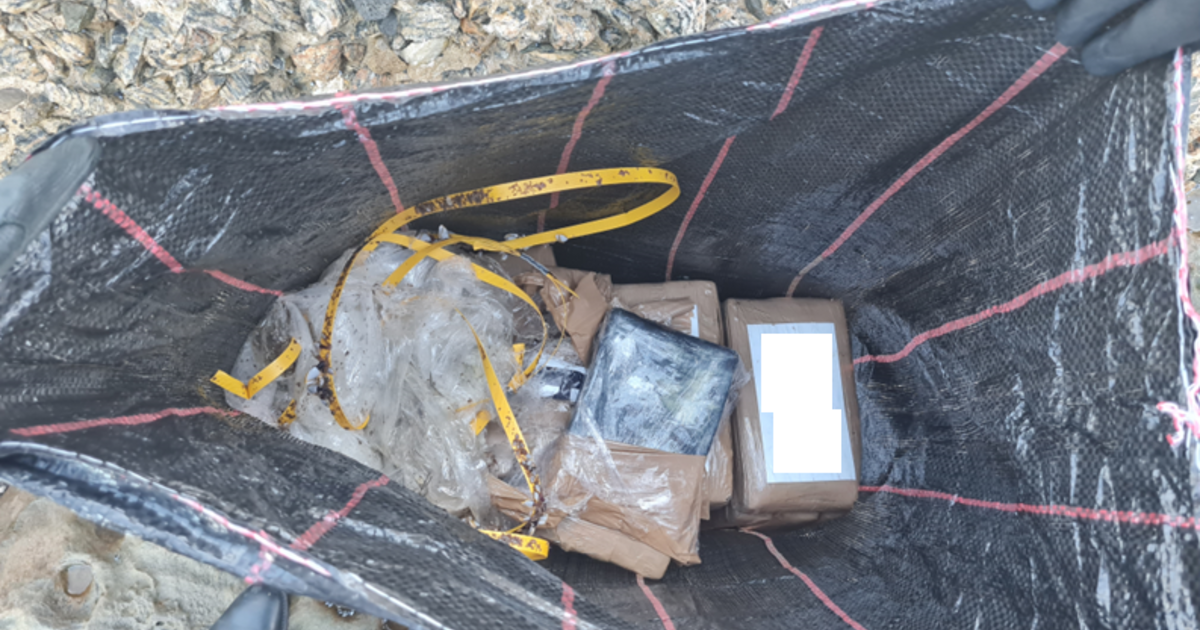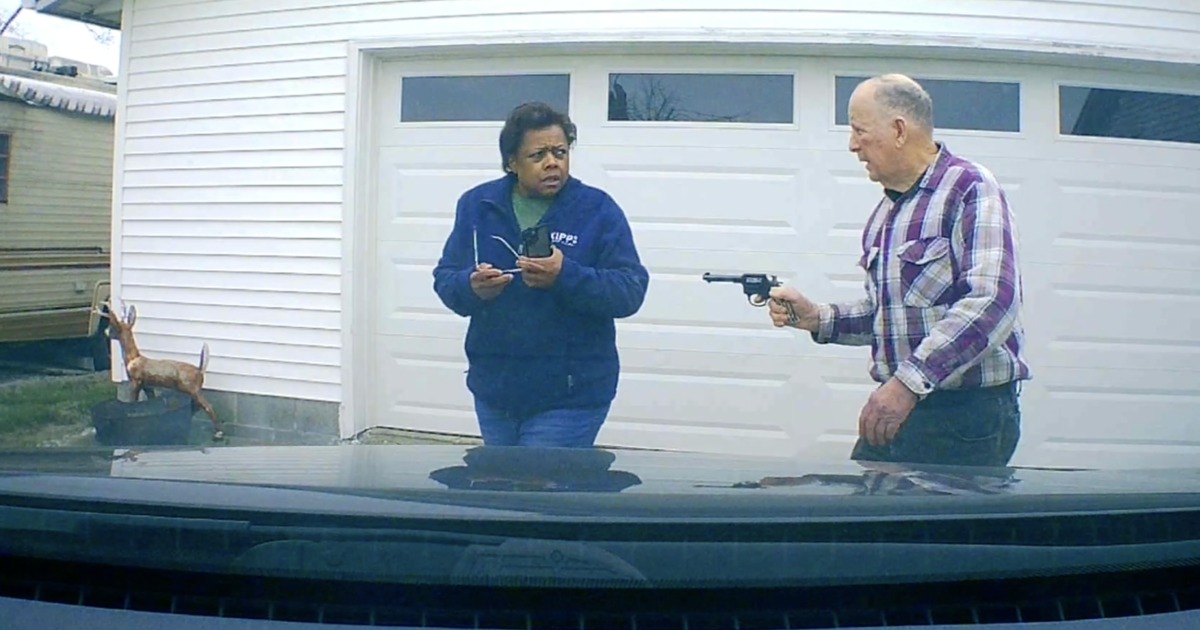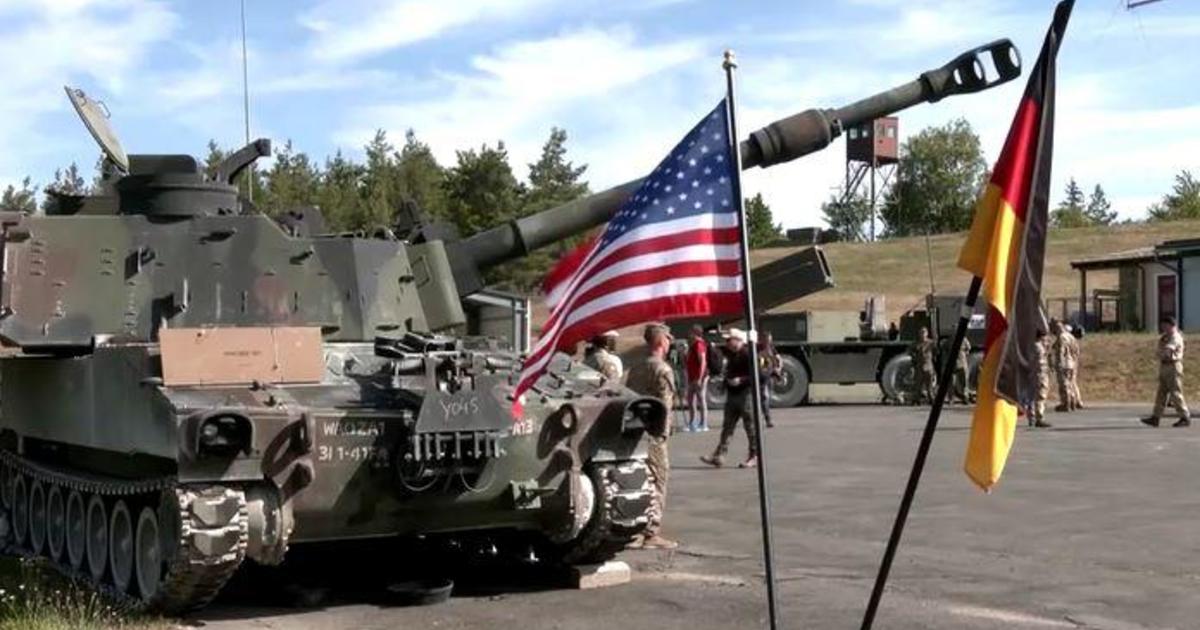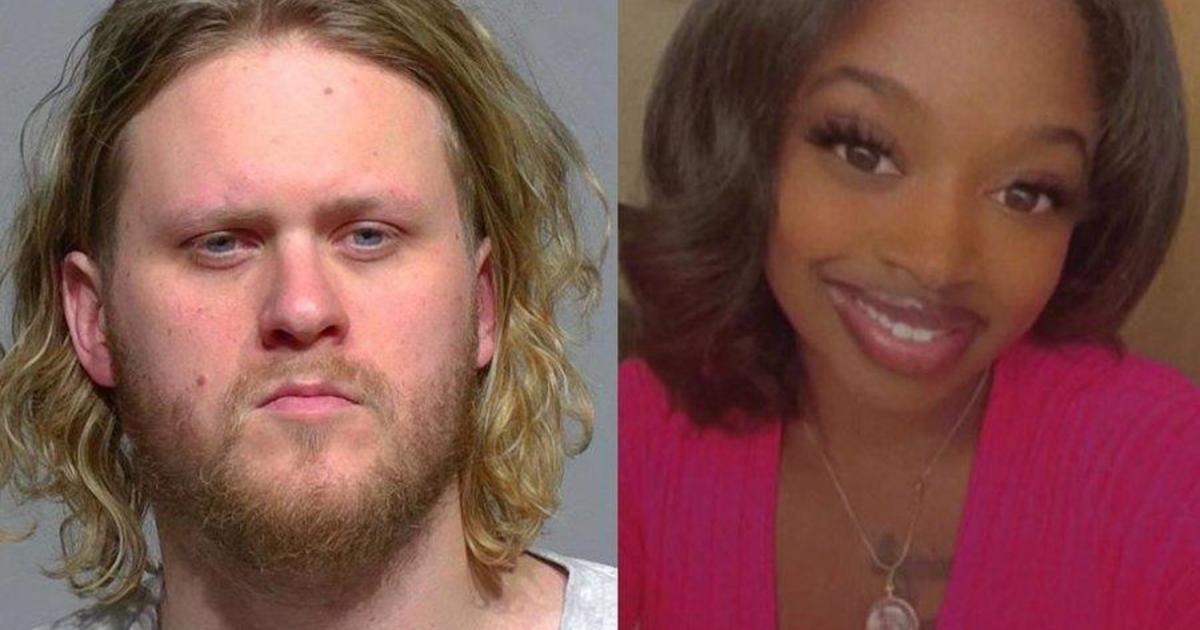Buffalo shooting suspect's prior threat sent him to mental hospital
The White gunman accused of committing a racist massacre at a Buffalo supermarket made threatening comments that brought police to his high school last spring but he was never charged with a crime and had no further contact with law enforcement after his release from a hospital, officials said.
The revelation raised questions about whether his encounter with police and the mental health system was yet another missed opportunity to put a potential mass shooter under closer law enforcement scrutiny, get him help, or make sure he didn't have access to deadly firearms.
Authorities said Sunday that they were investigating the attack on predominantly Black shoppers and workers at the Tops Friendly Market as a potential federal hate crime or act of domestic terrorism.
Payton Gendron, 18, traveled about 200 miles from his home in Conklin, New York, to Buffalo to commit the attack, police said.
Federal authorities were still working to confirm the authenticity of a racist 180-page document, purportedly written by Gendron, that said the assault was intended to terrorize all non-white, non-Christian people and get them to leave the country.
Officials told a news conference Sunday that, at the suggestion of state police, Gendron was sent to a local hospital for a mental health check in June 2021 after making a general threat.
Law enforcement officials revealed to The Associated Press that New York State Police troopers had been called to Gendron's high school last June for a report that Gendron, then 17, had made threatening statements.
Gendron threatened to carry out a shooting at Susquehanna Valley High School, in Conklin, around the time of graduation, a law enforcement official who spoke on condition of anonymity said. The official wasn't authorized to speak publicly on the investigation.
Buffalo Police Commissioner Joseph Gramaglia said Gendron had no further contact with law enforcement after a mental health evaluation that put him in a hospital for a day and a half.
"Nobody called in," he said. "Nobody called any complaints," Gramaglia said. The threat was "general" in nature, he said, and not related to race.
New York is one of several states that have enacted "red flag" laws in recent years that were intended to try and prevent mass shootings committed by people who show warning signs that they might be a threat to themselves or others.
Those laws allow law enforcement officers, a person's family, or in some cases, medical professionals or school officials to petition courts to temporarily seize a troubled person's firearms, or prevent them from buying guns.
Federal law bars people from owning a gun if a judge has determined they have a "mental defect" or they have been forced into a mental institution - but an evaluation alone wouldn't trigger the prohibition.
It's unclear whether officials could have invoked "red flag" legislation after the incident at Susquehanna Valley High School. Police and prosecutors wouldn't provide details on the incident, or say when Gendron had purchased the weapons used in the assault.
The long list of mass shootings in the U.S. involving missed opportunities to intervene includes the 2018 massacre of 17 students at a high school in Parkland, Florida, where law enforcement officials had received numerous complaints about the gunman's threatening statements, and the killings of more than two dozen people at a Texas church in 2017 by a former U.S. Air Force serviceman who was able to buy a gun despite a violent history.



